David Salisbury
-
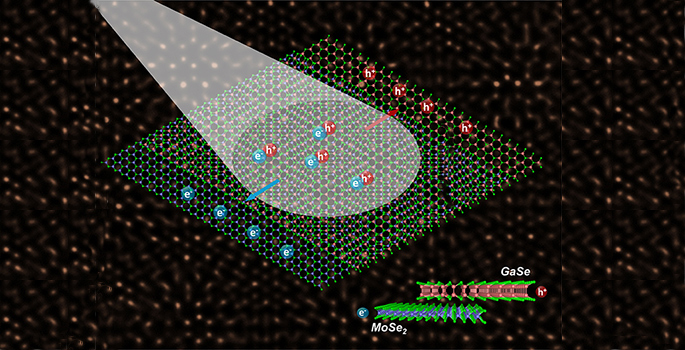
Advance in creating atomically thin electronic and optical devices
A future generation of atomically thin optoelectronics devices, including transistors, photodetectors and solar cells, is a step closer because of an advance in the art of epitaxy made by scientists at Oak Ridge National Laboratory (ORNL) with an assist from a pair of Vanderbilt physicists. Read MoreApr 15, 2016
-

Measuring drought impact in more than dollars and cents
A pair of Vanderbilt doctoral students has assembled a multi-disciplinary team of graduate students from around the country to conduct a multi-faceted study of how people are affected by and responding to drought conditions in the United States. Read MoreApr 13, 2016
-

How to make electric vehicles that actually reduce carbon
Scientists from Vanderbilt and George Washington universities have worked out a way to make electric vehicles that not only are carbon neutral but carbon negative. Read MoreMar 2, 2016
-
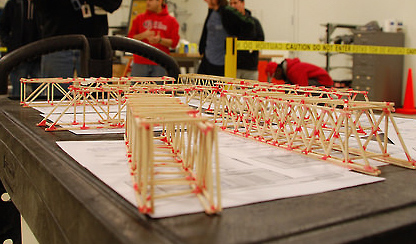
Media advisory: Local students put their bridge-building skill to the test
The American Society of Civil Engineers' Music City Bridge Building Competition is being held Saturday, Feb. 27 at Vanderbilt University's Laboratory for Systems Integrity and Reliability. Read MoreFeb 24, 2016
-
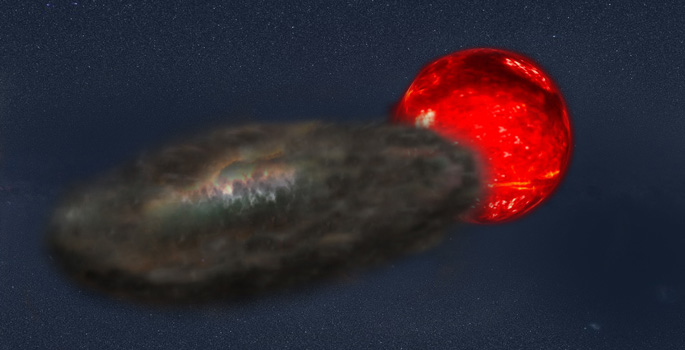
Longest-lasting stellar eclipse discovered
Astronomers have discovered an unnamed pair of stars that sets a new record for both the longest duration stellar eclipse (3.5 years) and longest period between eclipses (69 years) in a binary system. Read MoreFeb 17, 2016
-
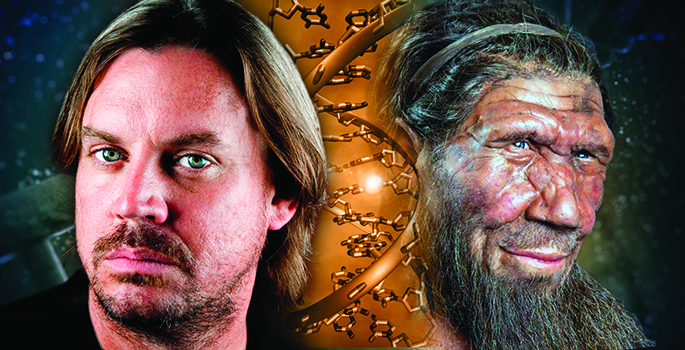
Neanderthal DNA has subtle but significant impact on human traits
The first study that directly compares Neanderthal DNA in the genomes of a significant population of adults of European ancestry with their clinical records confirms that this archaic genetic legacy has a subtle but significant impact on modern human biology. Read MoreFeb 11, 2016
-

Cotton candy machines may hold key for making artificial organs
Vanderbilt engineers have modified a cotton candy machine to create complex microfluidic networks that mimic the capillary system in living tissue and have demonstrated that these networks can keep cells alive and functioning in an artificial three-dimensional matrix. Read MoreFeb 8, 2016
-

Resolving the food-energy-water trilemma
A computer model has been developed that provides new insights into the food-energy-water nexus and can help resource managers around the world do a better job of weighing food and energy tradeoffs when water is scarce. Read MoreJan 25, 2016
-
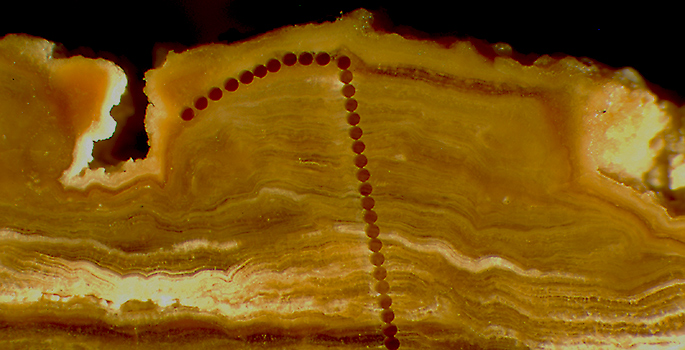
Growth rings on rocks provide new insights into past climates
Application of new micro-analytical techniques have transformed rocks and gravel buried in a special type of soil into a rich source of data about past climates that can help scientists understand how the climate will change in the future. Read MoreJan 15, 2016
-

Harnessing the power of computers to create a sustainable future
Harnessing the power of computers to help create an economically, environmentally and socially sustainable future – that is the purpose of a major new grant issued by the National Science Foundation. Read MoreJan 8, 2016
-

Psychotherapies have long-term benefit for those suffering from irritable bowel syndrome
A new meta-analysis has found that the beneficial effects of using psychological therapy to treat the symptoms of irritable bowel syndrome are not only short term but are also long lasting. Read MoreDec 28, 2015
-
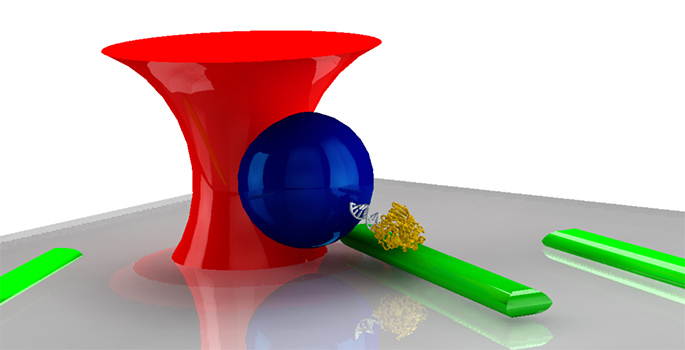
Anatomy of a microscopic wood chipper: New observations reveal how an individual cellulase enzyme operates
Biomolecular engineers at Vanderbilt University have obtained the most detailed measurements ever made of the behavior of an individual cellulase enzyme as it decomposes cellulose, the most plentiful polymer on the planet. Improved understanding of how cellulases work could be the key to producing advanced biofuels that can replace gasoline for powering vehicles. Read MoreDec 10, 2015
-
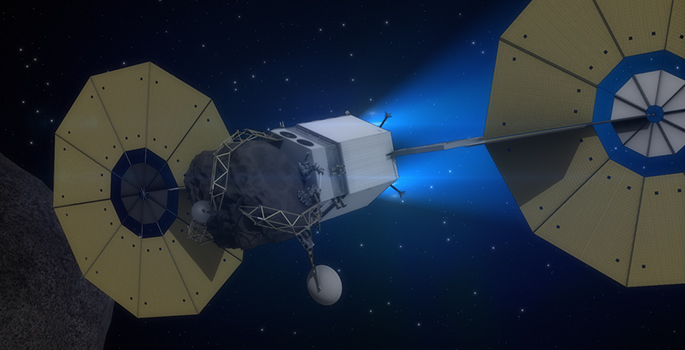
New detector perfect for asteroid mining
A new generation of gamma-ray spectrometer being developed by researchers and students in the Fisk-Vanderbilt Master's-to-Ph.D. Bridge program is perfectly suited for detecting valuable minerals hidden within the asteroids, comets, moons and minor planets in the solar system. Read MoreNov 19, 2015
-
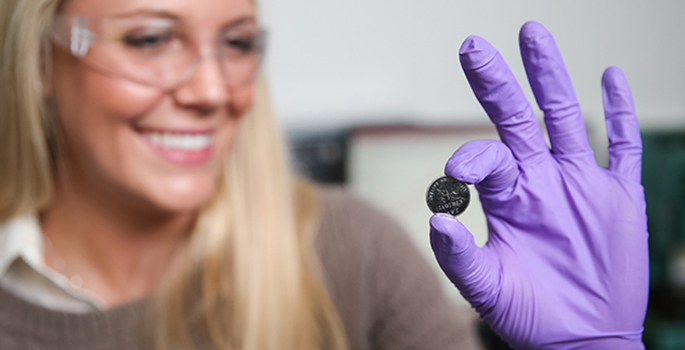
Quantum dots made from fool’s gold boost battery performance
Vanderbilt engineers have discovered that adding quantum dots made from fool's gold to the electrodes of standard lithium batteries can substantially boost their performance. Read MoreNov 11, 2015
-
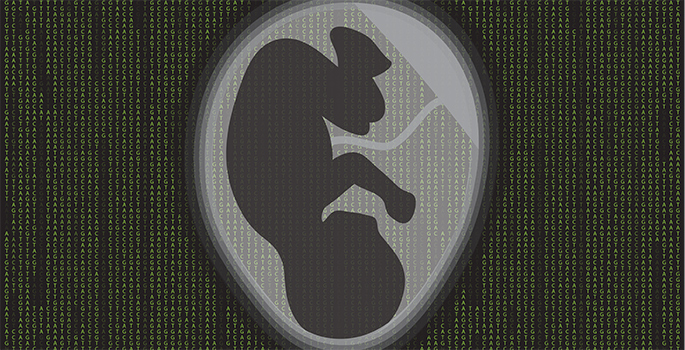
New online tool created to tackle complications of pregnancy and childbirth
An interdisciplinary team of biologists and medical researchers have created a new platform, which they call GEneSTATION specifically designed to leverage the growing knowledge of human genomics and evolution to advance scientific understanding of human pregnancy and translate it into new treatments for the problems that occur when this complex process goes awry. Read MoreNov 11, 2015
-
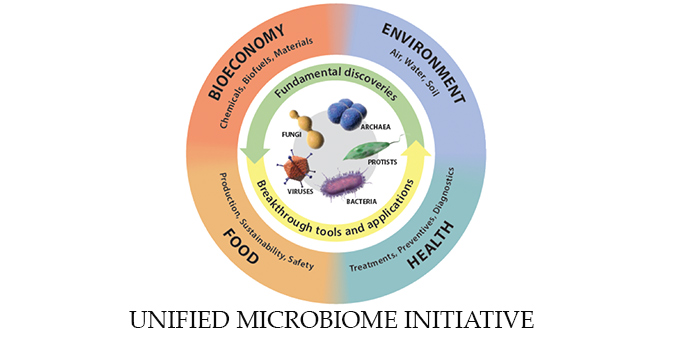
Vanderbilt chemist part of major microbiome research initiative
Vanderbilt chemist helps craft call for major new research initiative to increase our understanding of the invisible world of microbes that surround us. Read MoreNov 4, 2015
-
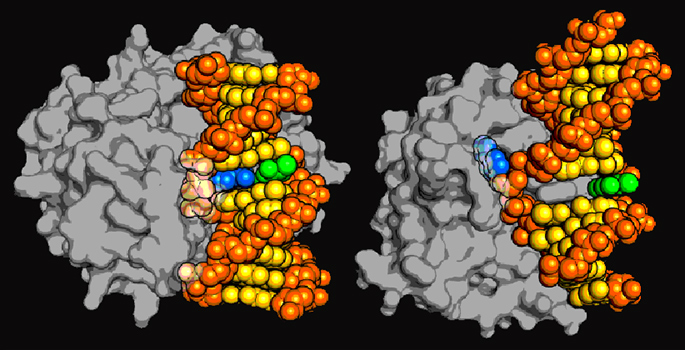
New class of DNA repair enzyme discovered
A new class of DNA repair enzyme has been discovered which demonstrates that a much broader range of damage can be removed from the double helix in ways that biologists did not think were possible. Read MoreOct 29, 2015
-
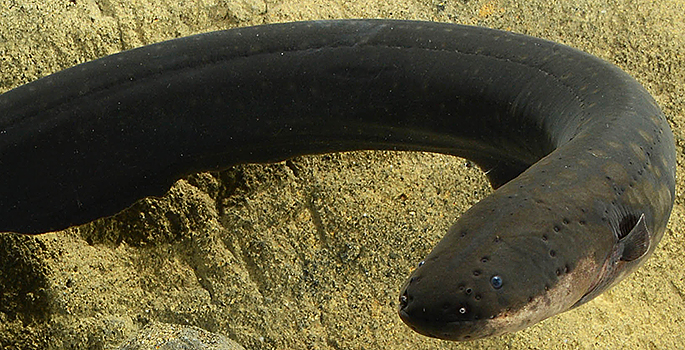
Electric eel: most remarkable predator in animal kingdom
Recent research by Vanderbilt University biologist Ken Catania of the electric eel has revealed that it is not primitive creature that it has been portrayed as. Instead, it has a sophisticated control of the electrical fields it generates that makes it one of the most remarkable predators in the animal kingdom. Read MoreOct 28, 2015
-

New ‘geospeedometer’ confirms super-eruptions have a short fuse
A new "geospeedometer" that can measure the amount of time between the formation of an explosive magma melt and an eruption confirms that the process took less than 500 years in several ancient super-eruptions. Read MoreOct 20, 2015
-
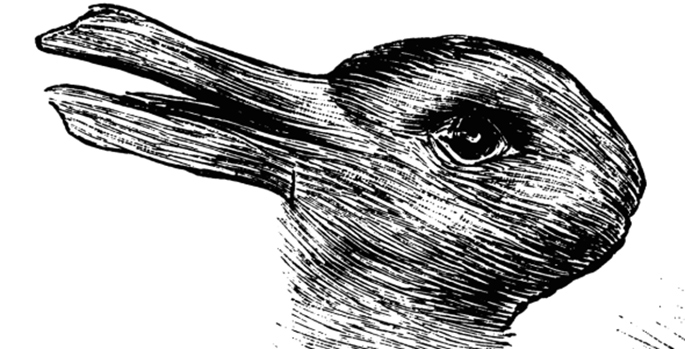
Interpreting ambiguous visual information is surprisingly low level brain function
When faced with ambiguous visual information, it is the visual processing areas of the brain that choose between the competing impressions, not the higher levels of the brain as previously thought. Read MoreOct 7, 2015